Application of Brushless DC Motor in Industrial Robot
BLDC motors are more common in industrial applications due to their better heat dissipation and higher power density. In addition, BLDC motors offer the advantages of compact size, reduced weight, and high-speed range. This article will introduce in detail the application fields of brushless DC motors.
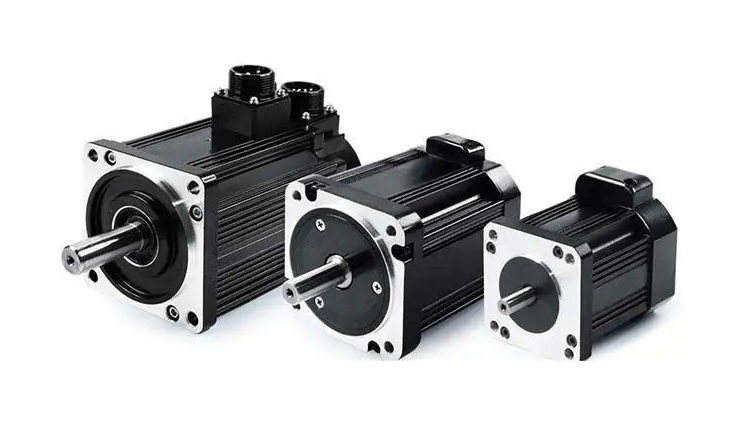
Among them, the precise motion control and stable operation of brushless DC motors are the keys to the operation of mechanical equipment in industrial processes. Brushless DC motors are usually used in linear motors, servo motors , industrial robot actuators, CNC machine tool feed drives and other fields.
1. Linear motor
The simpler form of a linear motor is essentially an "unrolled rotating electrical machine in which the poles of the stator are arranged in the direction of travel". There are many types of servo motors, including servo motors, DC brushed motors, DC brushless motors and their AC synchronous motors.
Linear servo motors consist of a slotted stator with magnetic teeth and a moving actuator with permanent magnets and coil windings. To obtain linear motion, the BLDC motor controller excites the coil windings in the actuator, causing the interaction of magnetic fields to produce linear motion. A brushless DC motor is a direct-drive device that has no mechanical linkage, hysteresis, or pitch loop errors.
2. Servo motor driver
Servo motor drives are used for mechanical displacement, positioning or precision motion control based on input control and output feedback signals that establish tightly controlled, stable, closed-loop operation. Servo motor drives are commonly used in machine tool servo systems , industrial robot actuator drives, etc. What differentiates servo motor applications from other types of motor control is its inherent high dynamic response, smooth torque generation, high reliability and robust control even with large variations in load inertia or motor parameters. DC stepper motors have been used as servo motors in the past; however, since they operate with open loop control, they often suffer from torque ripple. BLDC motors have feedback capability, so they are more suitable as servo motor drivers.
3. Industrial robot actuator
Permanent magnet DC motors are primarily used as actuators to move the joints of industrial robots for pick-and-place or tool positioning in assembly, welding, and painting operations. Due to their compact size, power density, and maintenance-free characteristics, brushless DC motors are superior to brushed DC motors in industrial robotics applications. They also operate more reliably in less favorable or hazardous environments.
4. CNC machine tool feed drive
There are two types of drives used in CNC machine tools: spindle drives and feed drives. Spindle drives provide motion and power for drilling, milling or grinding operations, while feed drives act as shaft drive motors, essentially replacing the manual handwheel controls used in traditional machine tools. While spindle drives use large DC shunts or AC squirrel-cage induction motors, feed drives typically use DC servo motors with electronic controllers. Brushless DC servo motors are used for their advantages of good heat dissipation, reduced rotor inertia and maintenance-free operation.
The main content of the article is the application field of brushless DC motors. According to the content of the article, it can be understood that brushless DC motors are mainly used in servo, drive, positioning and variable speed applications, where precise motion control and stable operation are important for manufacturing or industrial processes. Satisfactory operation is critical. They are usually used in linear motors, servo motors, industrial robot actuators, CNC machine tool feed drives, etc.



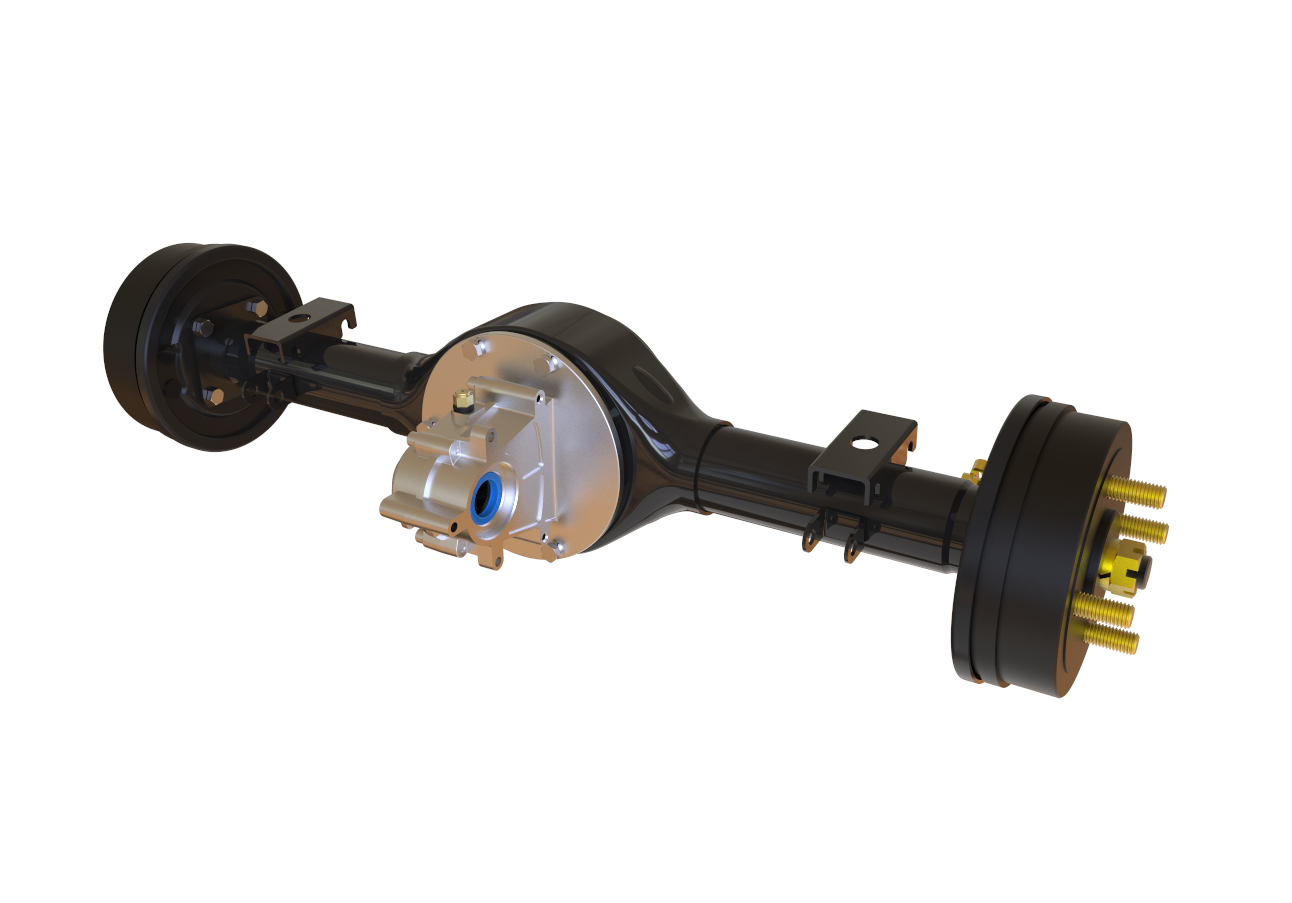
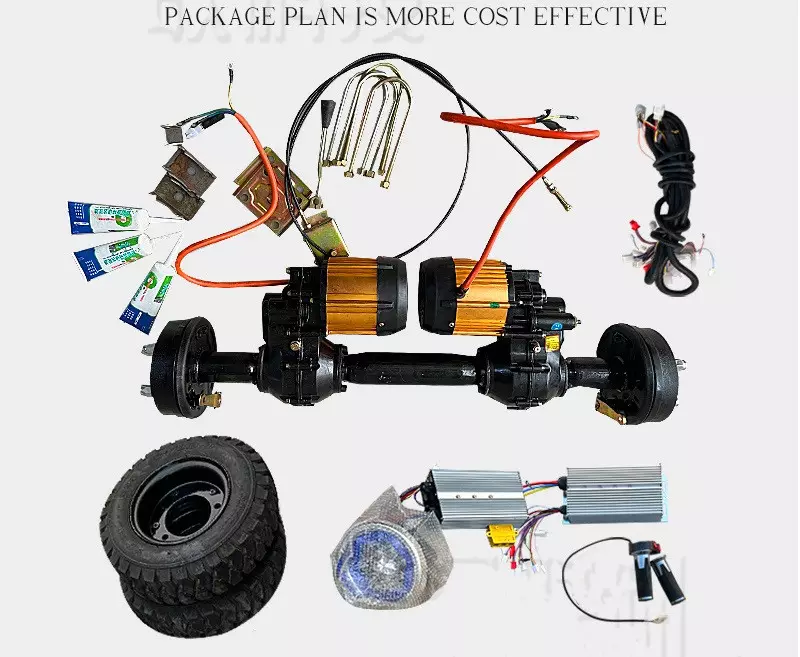

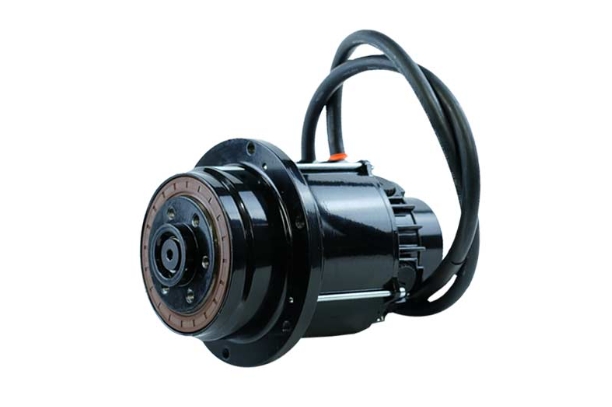
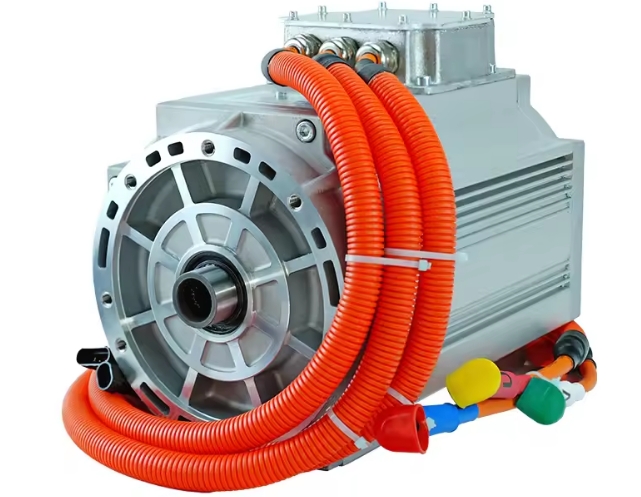
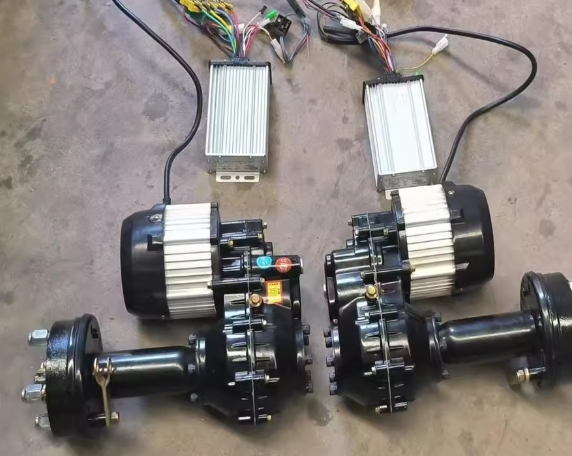
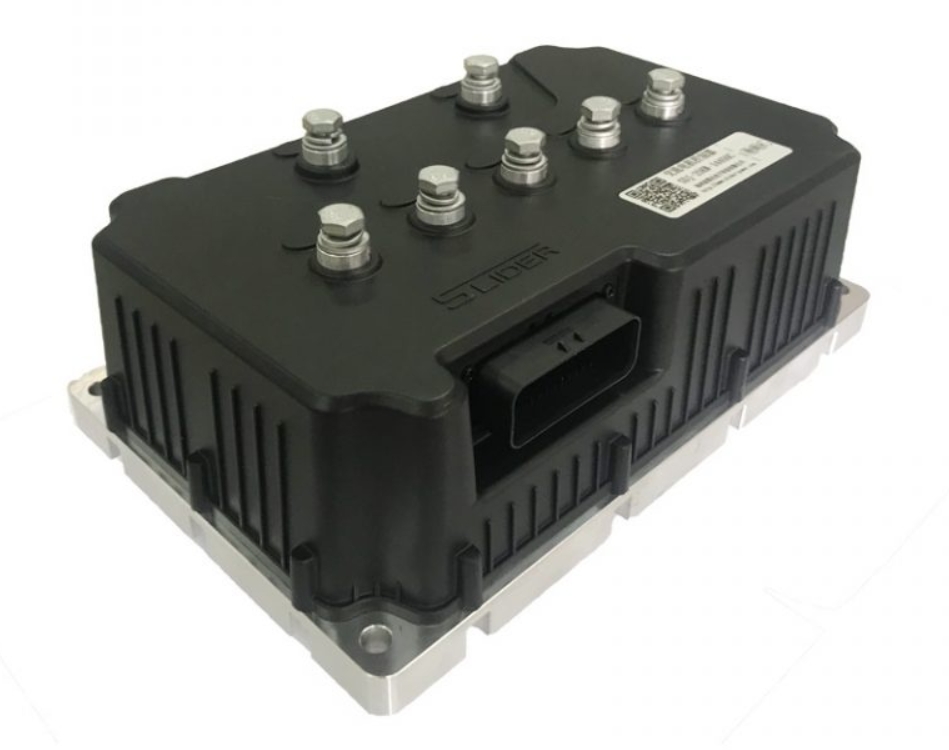

















 XINDA
XINDA